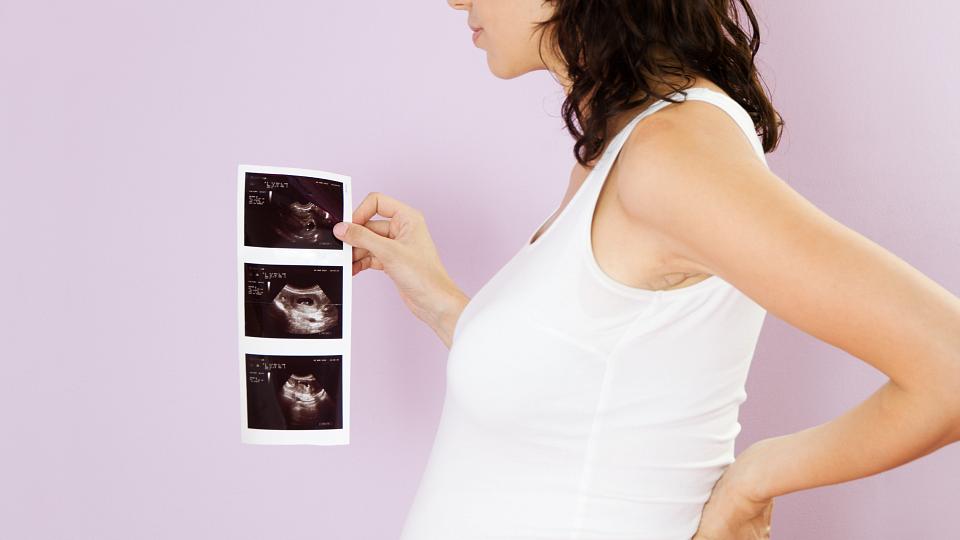
Perinatal Mental Health Services
Counseling, Psychiatric Care, and Support for Women
At the Huntsman Mental Health Institute, women can find perinatal mental health services (also known as maternal mental health) for a variety of needs they may experience throughout their lives. Our team provides support and expertise to women who are experiencing many different types of mental health struggles:
Types of Perinatal Mental Health Services
No matter what symptoms you may be experiencing, we can help. We offer the following treatment options to get you the support and care you need:
- Outpatient clinics
- Inpatient treatment
Outpatient Clinics
Our Perinatal Mental Health Services are located at our Downtown Behavioral Health Clinic and Farmington Behavioral Health Clinic. Our team of qualified providers will support you with individual therapy and medication management.
For the Love of Mothers
Learn how U of U Health researchers, a team of community partners, and Utah mothers across the state are working together to build new programs that address postpartum mental health disorders.
Inpatient Treatment
We offer specialty care for women suffering from perinatal mental health disorders, which occur immediately before or after a baby’s birth. Our perinatal psychiatric team provides specialized care to women who are pregnant or who have given birth within the past 18 months.
Partner or family involvement is an integral part of treatment. We also encourage families to bring infants when visiting their loved ones in inpatient treatment to support maternal bonding and family contact. However, protected sleep is a key factor in the recovery process so infants will not stay overnight.
Our team of highly trained doctors, nurses, psychologists, social workers, and expressive therapists work together to create individualized treatment plans and comprehensive care:
- Wellness planning
- Dedicated space for pumping, nursing, and family visitation
- Protected sleep times
- Extended visiting hours to maximize positive mother-baby interaction
- Hospital-grade breast pumps and refrigeration for breast milk
-
Family and partner assisted psychotherapy/team meetings
Nutrition consultation, as needed
- Discharge planning and transition to outpatient treatment either with our Perinatal Mental Health Services or other community providers, as needed
- Group and expressive therapy, such as:
- Art
- Music
- Cognitive behavioral therapy (CBT)
- Dialectical behavioral therapy (DBT)
- Psycho-education
Please note that women with complicated pregnancies will receive services in our Inpatient Medical Psychiatry unit due to their need for increased medical supervision.
Insurance Coverage
We accept most commercial insurance plans and offer self-pay rates.
Meet Our Perinatal Mental Health Specialists
Infertility & Mental Health
Infertility has a profound impact on a person’s physical, emotional, sexual, spiritual, and financial health. and on the person as a whole. The longer the situation persists, the more difficult it may be for fertility patients to navigate their emotions.
The most common mental health concerns reported by fertility patients are symptoms of:
- anxiety,
- depression, and
- relationship strain.
In fact, more patients report symptoms of anxiety and depression when the medical treatments for conception are more physically intrusive.
Types of Therapies
Our mental health professionals guide patients through grief and loss and help them confront numerous possible medical decisions. We provide patients with a safe space to process the emotions they are experiencing and tools to reduce any signs of stress, depression, and anxiety. These tools may include:
- cognitive behavioral strategies,
- mind-body connection and the relaxation response,
- positive coping skills training, and
- healthy communication skills.
Communication skills training and couples counseling helps reduce any stress that infertility inflicts on marital and non-marital relationships.
Hear From Our Specialists
Postpartum Psychosis
This is a modal window.
Male Perinatal Mood Disorders
This is a modal window.





